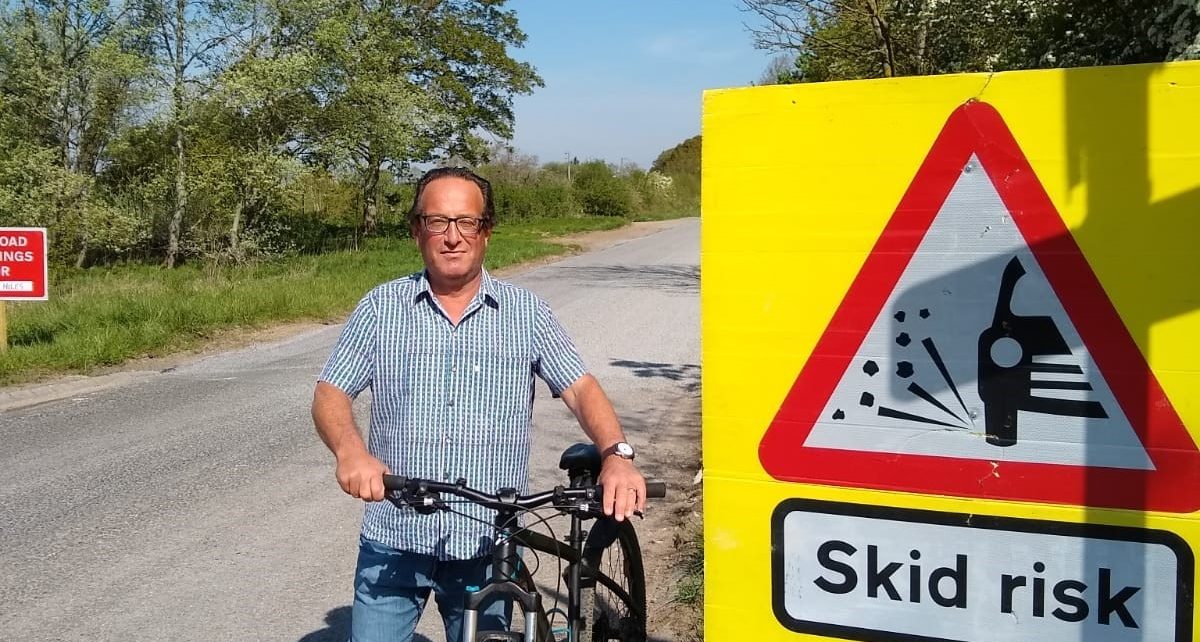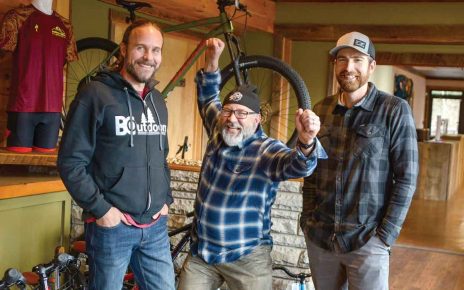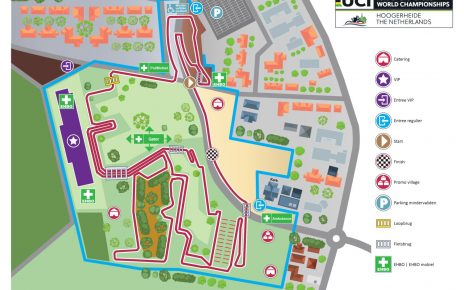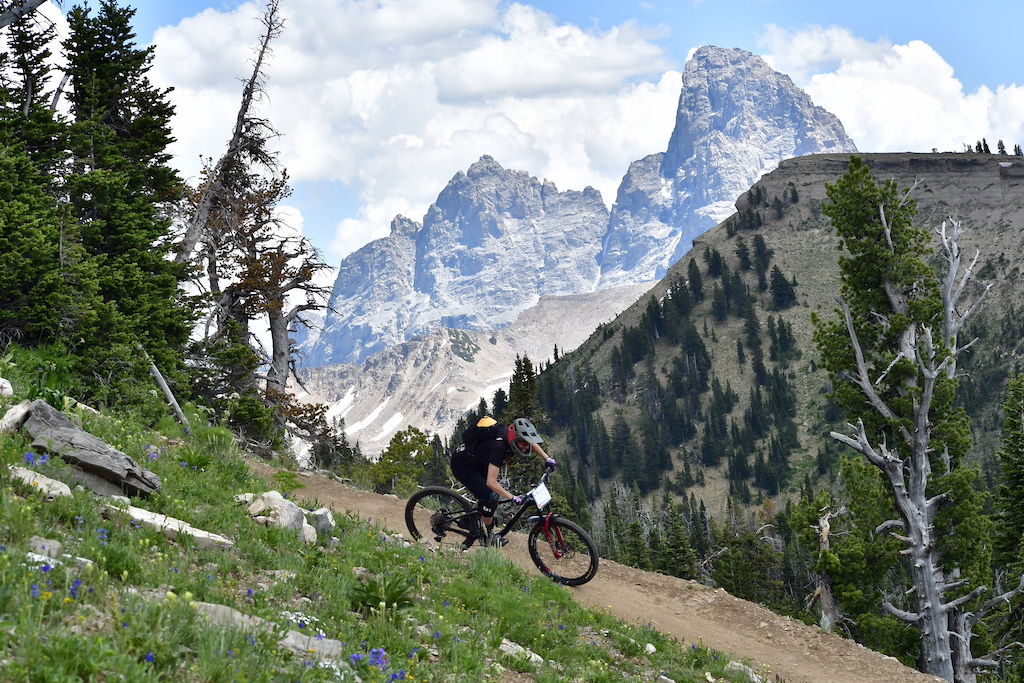By Liam Rice Reporter
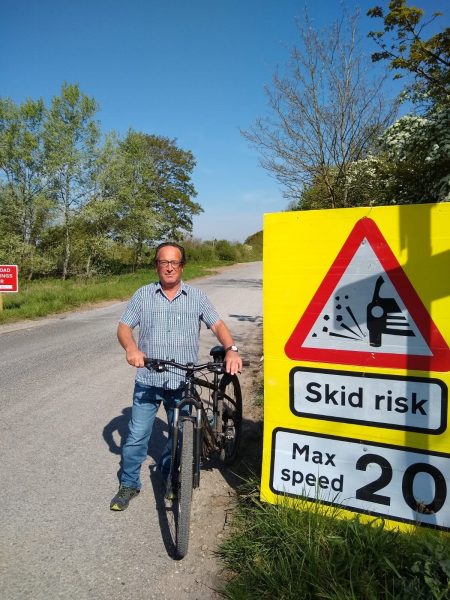
West Oxfordshire district councillor Dan Levy has criticised Oxfordshire County Council for the way it has resurfaced roads
A DISTRICT council’s cycling champion has said that cyclists are in danger because of the way some roads are being resurfaced.
West Oxfordshire district councillor Dan Levy said that Oxfordshire County Council is resurfacing roads by using surface dressing.
He said this process involves putting loose gravel on an existing surface, and uses traffic to bed it in, with excess gravel swept away after a few days.
Mr Levy said this is the ‘cheaper and quicker’ way of fixing the roads.
See also: Fly tipping has gone up in Oxford during the lockdown
The councillor for Eynsham and Cassington added: “Surface dressing is unpleasant for cyclists at the best of times, as it leaves a loose surface, particularly towards the edges of the carriageway, and there is a danger of being hit by chippings thrown up by motor vehicles.
“The main issue is that when the gravel is loose it’s really appalling to cycle on as it makes braking more difficult.
“It is particularly unsuitable on gradients – for example, Cuckoo Lane between Eynsham and Freeland has hills and bends, and is currently a gravel track.
“The current situation is worse than usual, because there are fewer motor vehicles to press down the loose chippings, and more people on bikes.
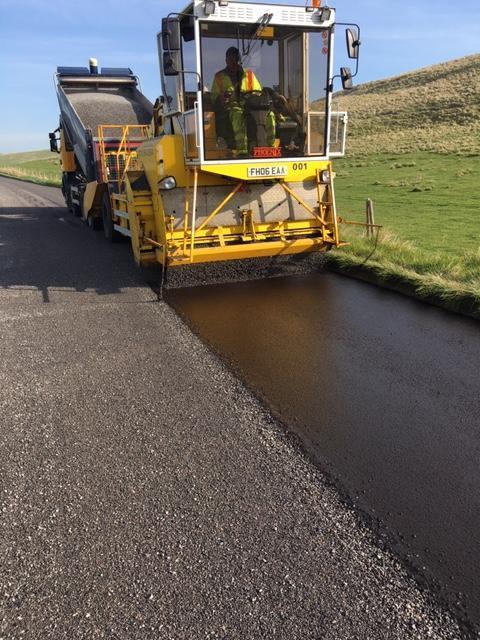
“There is of course an extra requirement not to burden the NHS with people who have come off their bikes.
“There’s lots of kids out cycling with their families on the bigger roads as there’s less traffic at the moment.
“It is great that many people are getting on their bikes for the first time in ages and a shame that they might get put in danger.”
The county council’s cabinet member for highways delivery and operations, councillor Liam Walker, said: “The residents of Oxfordshire quite rightly want us to improve roads across Oxfordshire and surface dressing is a common way to help achieve this.

“We are committed to our recently announced £32 million programme of planned improvement work for roads, footpaths, and cycleways and even during the current climate our teams are working hard to achieve this.”
A spokesperson for the county council added that surface dressing is a traditional method of fixing roads.
They added that surface dressing comprises a thin film of bitumen-based binder sprayed onto the road surface and then covered with a layer of stone chippings.
The first phase of the council’s £32 million road repair programme has recently finished.
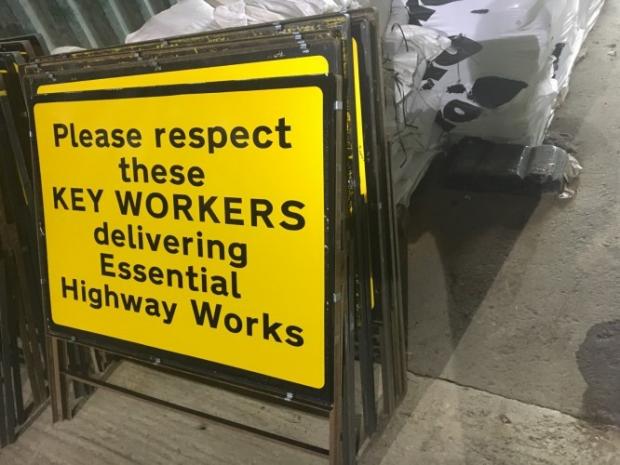
The council’s team has dressed an area equivalent to 80 Wembley pitches, improving 110 miles of road.
The council had previously reported that road crews had received abuse and criticism from the public for doing their work during the lockdown, despite it being classified as an essential service.
